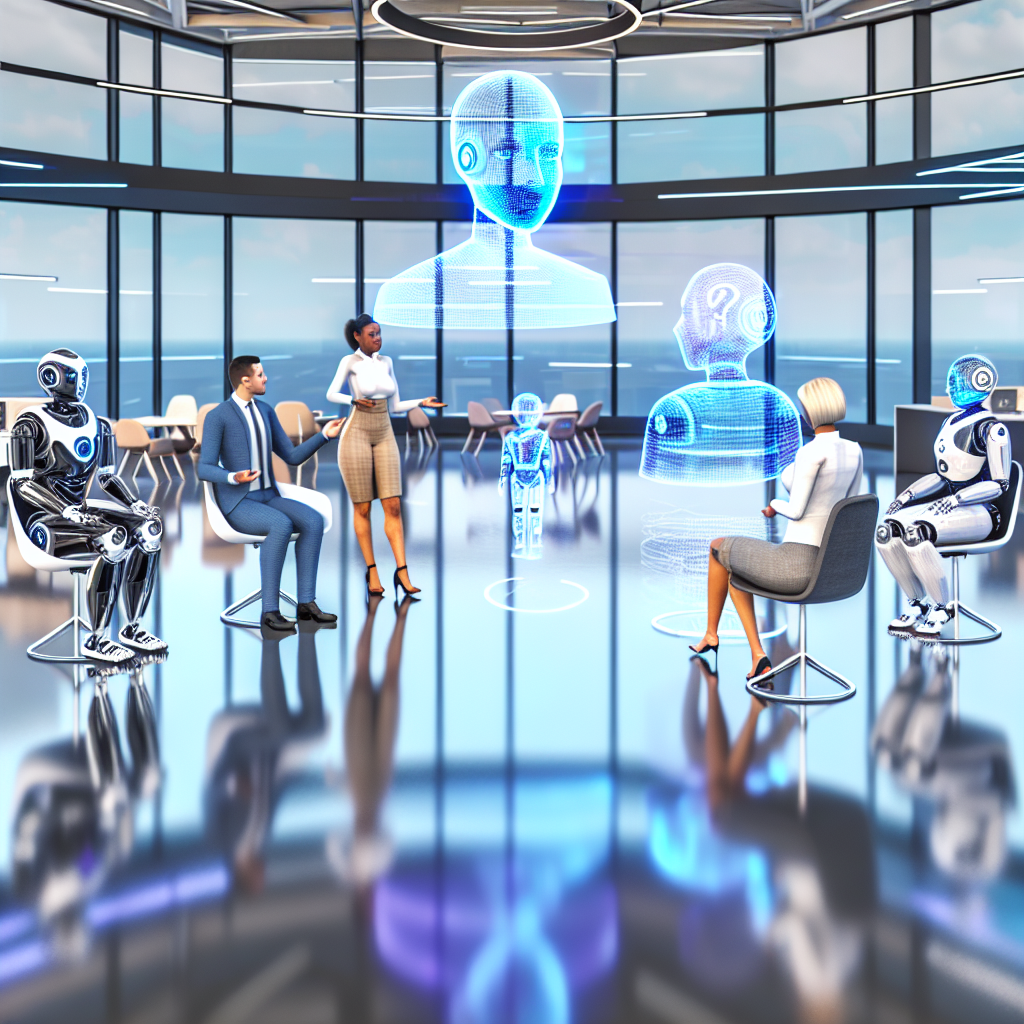Is AI the Future of Management or a Risky Gamble?

AI as Future Managers: Dream or Dystopia?
Artificial Intelligence (AI) is rapidly finding its way into various sectors, and management is no exception. As AI continues to evolve, it brings both opportunities and challenges. This post will explore the practical and ethical implications of AI-driven management, considering the feasibility, biases, educational needs, and potential risks associated with AI in leadership roles.
Feasibility of AI-Driven Management
The current landscape of AI in managerial roles is still in its early stages but is evolving rapidly. AI is being increasingly used to assist and augment human managers rather than fully replace them. For example, AI tools are employed for data analysis, performance monitoring, and even task assignment. Companies like IBM and Unilever are using AI for talent management and recruitment, respectively. However, AI's feasibility in replacing human managers entirely remains limited due to the complex nature of managerial tasks that require judgment, emotional intelligence, and leadership.
Ethical and Practical Challenges
Bias in AI Algorithms
One of the most significant ethical challenges of AI-driven management is the potential for bias in AI algorithms. AI systems operate based on the data they are trained on. If the data contains biases, the AI will likely perpetuate these biases, leading to unfair and discriminatory practices. This can impact hiring, promotions, and resource allocation, perpetuating existing inequalities.
Transparency and Accountability
Transparency and accountability are other critical concerns. AI decisions can sometimes appear as "black box" solutions, where the reasoning behind them is not clear. This lack of transparency can make it difficult to hold systems accountable and ensure compliance with ethical standards. Moreover, it raises the question of who is responsible when an AI system makes a wrong decision or causes harm.
Job Displacement
AI's capability to automate routine managerial tasks could lead to job displacement, especially in middle management. While it may create new roles focused on AI oversight and human-AI collaboration, it could also exacerbate income inequality. According to recent findings, 71% of executives now prioritize AI expertise over traditional industry experience (VentureBeat).
Human-Centric Education and Adaptation
To prepare for an AI-integrated future, human-centric education is crucial. Educational systems need to adapt by integrating AI literacy into their curricula, emphasizing skills that machines cannot replicate, such as emotional intelligence, creativity, and ethical reasoning. Programs focused on human-AI collaboration and continual upskilling will be essential. The Partnership Model, which requires a sophisticated set of skills beyond merely using AI tools to generate outputs, is a step in the right direction (Dr. Philippa Hardman).
Risks of Over-Optimism in AI Capabilities
AI has limitations, particularly in understanding human emotions and contextual nuances. Over-reliance on AI can lead to overlooking important human factors in decision-making and reducing the empathy and emotional support necessary for a harmonious workplace. For example, AI's inability to fully understand complex emotional states or adapt to rapidly changing social contexts can result in significant challenges.
Balancing AI and Human Oversight
The ideal scenario involves a balance where AI handles data-heavy and routine tasks, while humans retain authority over strategic and ethical decisions. Ongoing evaluation and adjustment of AI systems by human experts are crucial to avoid systemic errors and ensure that AI recommendations can be overridden when necessary.
Conclusion
The notion of AI as future managers presents both a dream and a dystopia. On one hand, AI can significantly enhance efficiency and data-driven decision-making, freeing human managers for more strategic and creative work. On the other hand, it poses risks such as dehumanizing the workplace, perpetuating biases, and potential job displacement. The key lies in finding a balance between AI capabilities and human oversight, ensuring that AI serves as a tool to augment rather than replace human managers entirely. As Stephen Wolfram aptly notes, AI ethics requires deep philosophical inquiry to navigate these complex moral implications (TechCrunch).
By investing in human-centric education, creating ethical frameworks, and maintaining a balance between AI and human oversight, we can prepare for an AI-driven future that enhances rather than detracts from human potential.
